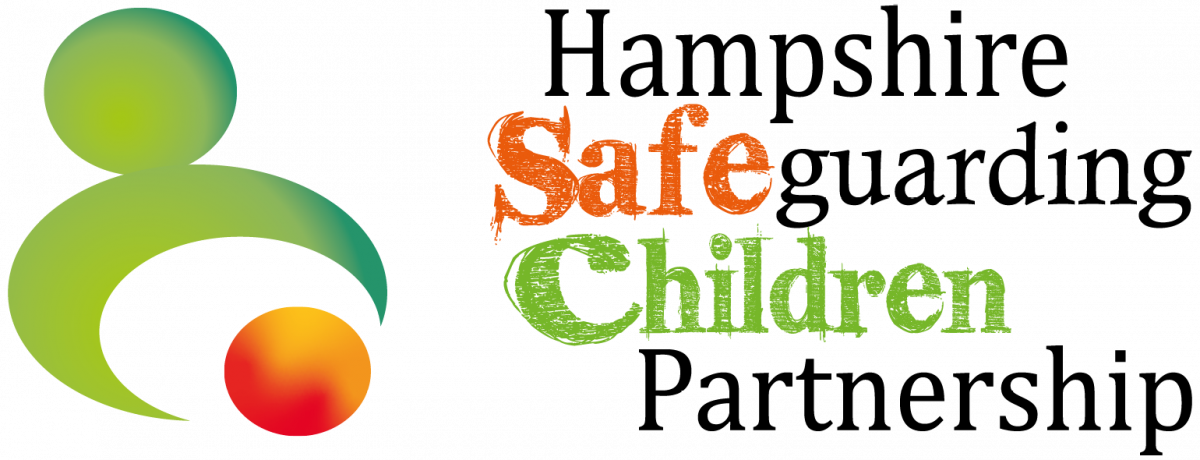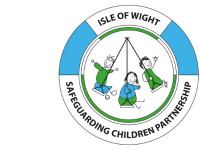Drugs & Alcohol
What does it mean?
The terms use, misuse, and dependence (or addiction) are used frequently when talking about drugs, but what is the differences between them?
- Use: Substance use is any consumption of drugs. This can be simply having a beer or a glass of wine or involve taking legal, prescribed, over-the-counter drugs, volatile substances (gas, glue, aerosols) and illegal drugs. Substance use may not be a problem or could lead to misuse or dependence.
- Misuse: Substance misuse is when someone continues to use drugs and or alcohol even though it is negatively impacting their health, home and social life.
- Dependence: The use of such substances can lead to dependency. Individuals may experience difficulties in controlling use and experience physical withdrawal symptoms when trying to quit.
Prevalence of drug and alcohol use in adolescent children
Most young people do not take drugs. Those that do experiment are unlikely to become regular users. Cannabis, volatile substances (gas, glue, aerosols) and alcohol are by far the most common substances that young people take and only a small minority of those who use it move on to other drugs.
There are serious risks to young people’s health and wellbeing associated with drug use, but most of those who try drugs don’t suffer any long-term harm to their health. Research shows that a child is more likely to develop a problem with alcohol than with drugs.
The Smoking, Drinking and Drug Use Survey among Young People aged 11 to 15 years in England (2021) found:
| Alcohol |
|
| Drugs
|
|
Why do adolescent children drink or take drugs?
There are many possible reasons why young people might use substances and understanding these may help when talking to your child about drugs and alcohol.
Young people may use drugs and/or alcohol to:
- ‘Fit in’ or appear popular.
- Have a new experience or find out what it feels like.
- Help cope with difficult thoughts, feelings or circumstances.
- Feel more relaxed, confident or sociable.
Spotting the signs and symptoms
Spotting the signs and symptoms of drug use in young people can be challenging as many of the behaviours can be seen as typical teenage behaviour. They can also be symptoms of a mental health issue such as depression or anxiety.
The following signs do not definitely mean a young person is using substances but are worth being aware of:
- Changes in mood: withdrawn, less motivated, sudden loss of inhibition.
- Changes in behaviour: avoiding eye contact, secretive or evasive, staying out late, not sleeping properly and problems getting up, uncharacteristic loss of interest in school, other activities or friends.
- Other potential signs: loss of appetite, poor hygiene or appearance, change in friendship group, money going missing regularly, red-eyes and/or runny nose.
How to talk to your adolescent child substance use
It can be difficult knowing how and when to start a conversation about drugs but young people who can talk openly with their parents about this are less likely to try drugs at a young age. Research also shows that if young people do develop a problem with drugs or alcohol, family support can make a big difference to helping them deal with it.
Family Lives in association with Frank has developed tips on how parents can talk with young people about drugs. The Safe4Me website page on drugs, legal highs, alcohol and county lines also provides advice on how you can talk to your child.
Types of substances and their effects
There are range of different substances people refer to when talking about drugs:
- Illegal drugs such as cannabis, ecstasy and ketamine.
- Household products such as gases, glues and aerosols.
- Prescribed or over-the-counter drugs such as codeine or benzodiazepines.
- Alcohol and tobacco.
- Psychoactive substances – sometimes referred to as ‘legal highs.’
A drug can change the way the brain works. The effect of these substances will vary depending on:
- Type of drug used.
- Amount of the drug taken.
- How the drug is taken.
For some substances, the person’s mood, or the environment they are in can also affect their experience. For example, the effect of hallucinogens, such as LSD, is greatly influenced by a person’s mood when taking it.
When people take drugs, there is always some risk involved. This is because drugs can affect people in different ways, and it can be hard to know exactly what is in a drug or how strong the dose is, as people often don’t know where the drugs have come from. Taking combinations of different drugs can also either increase or decrease a drug’s expected effects and can have adverse consequences.
For more information about the effects and risks of different drugs, the FRANK website is a good place to start.
Where can I get local advice and support?
You may want to talk to your GP. Your GP will listen, assess your situation, and help you choose the right support. You can also contact the local specialist treatment services for adults or young people in your area directly:
| Hampshire |
|
| Southampton |
|
| Portsmouth |
|
| Isle of Wight |
|
Where can I get more advice from local or national resources?
Further information |
|
| Drinking and Alcohol | NHS information and advice on alcohol. |
| Drugs and Drug Use | NHS information includes risks of drug taking and an overview of common drugs. |
| Addiction support | NHS information on help and support available for addiction. |
| Parent/Carers – Safe4Me | The Safe4Me website provides Information, advice and support for parents on drugs, legal highs, alcohol and county lines. |
| DrugWise | DrugWise provides evidence-based information on drugs, alcohol and tobacco. |
| Rethink Your Drink | Rethink Your Drink is a local website providing information and tips on cutting down on alcohol. |
More help and support |
|
| Drinkline | Drinkline is the national alcohol helpline. If you’re worried about your own or someone else’s drinking, you can call their free helpline in complete confidence. Call 0300 123 1110 (weekdays 9am to 8pm, weekends 11am to 4pm). |
| With You | With You, formally known as Addaction, are a national organisation providing drug and alcohol support. |
| Adfam | Adfam provides advice and support for those concerned about a family member’s drink or drug taking. |
| Al-Anon UK | For families & friends of alcoholics | Al-Anon provides advice and support for those affected by someone else’s drinking. |
| Nacoa | Nacoa provides information, advice and support for children of alcohol-dependent parents and others concerned with the welfare of a child. Free helpline number: 0800 358 3456. |
| Alcoholics Anonymous Great Britain (AA) | Alcoholics Anonymous provides help with alcohol and drinking. Free National Helpline: 0800 9177650.
Email: help@aamail.org |
Support for mental wellbeing |
|
| Mental Wellbeing Hampshire | Mental Wellbeing Hampshire provides information and support for a range of mental health issues and experiences. |
| Every Mind Matters | Every Mind Matters offers expert advice and resources to look after your mental health and wellbeing. |
| Young Minds
|
YoungMinds provides support and advice for young people and their parents. Call on 0808 802 5544 for detailed advice, emotional support and signposting about a child or young person up to the age of 25. Open 9:30am-4pm, Monday-Friday. |

